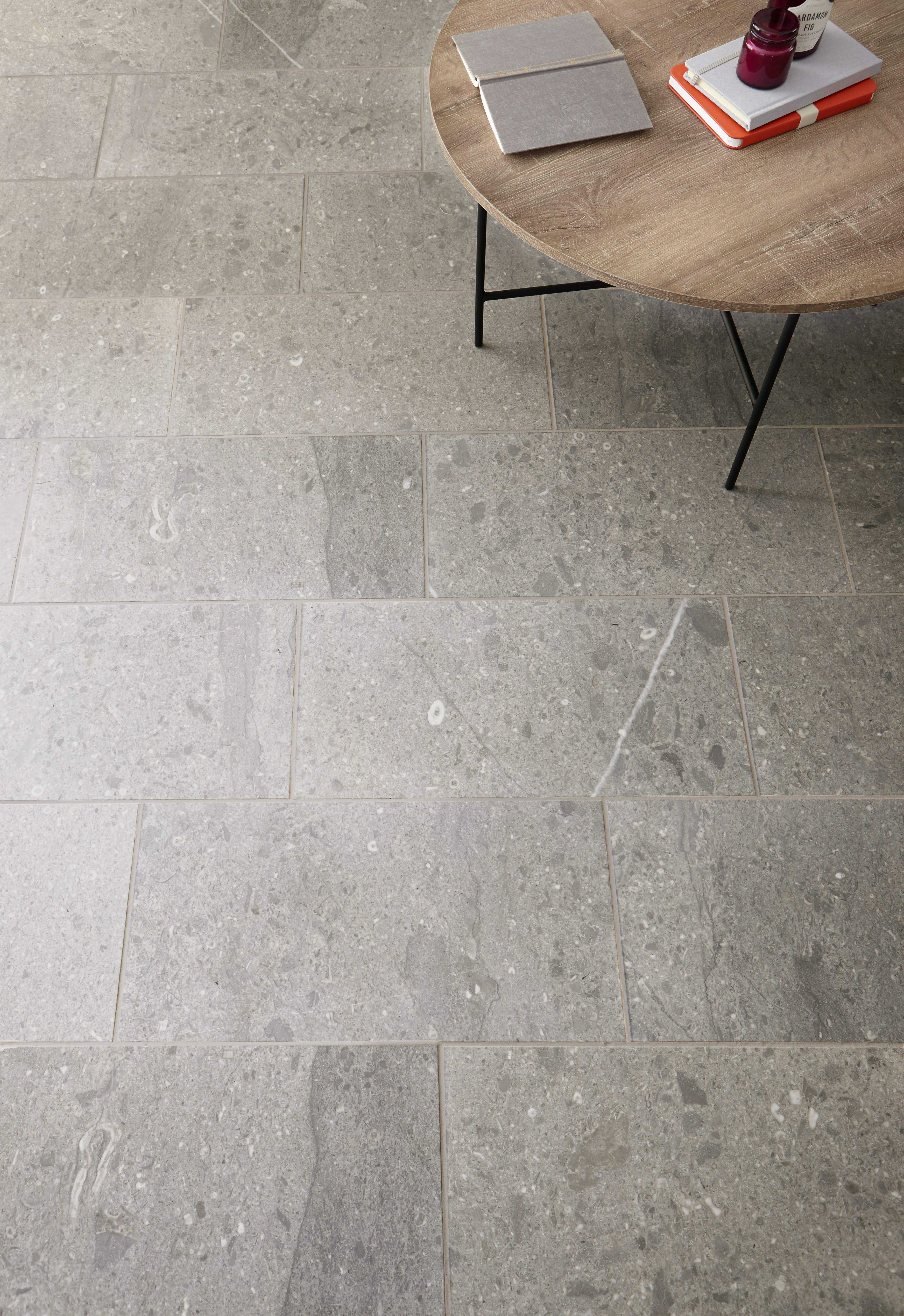Welcome to Premier Floor Center, your premier destination for quality flooring solutions in Grass Valley, CA. With over 30 years of experience serving our community, we understand the importance of providing not just exceptional products but also valuable insights to our customers. Today, we tackle a common question among homeowners and designers alike: Do stone floors need sealing?
Understanding Stone Floors
Before diving into the sealing aspect, let's briefly touch on why stone floors are a popular choice. Stone floors offer timeless elegance, durability, and versatility, making them an attractive option for both residential and commercial spaces. From the classic beauty of marble to the rugged charm of slate, there's a stone flooring option to suit every aesthetic preference and functional need.
The Importance of Sealing
One of the key considerations when it comes to maintaining stone floors is sealing. While natural stone is inherently durable, it is not impervious to damage. Stone is porous, meaning it can absorb liquids, oils, and other substances, leading to stains, discoloration, and deterioration over time.
Sealing your stone floors acts as a protective barrier, inhibiting moisture and stains from penetrating the surface. It helps to preserve the natural beauty of the stone, prolong its lifespan, and make it easier to clean and maintain.
Factors Influencing Sealing
The need for sealing stone floors depends on various factors, including the type of stone, its finish, the location of installation, and the level of foot traffic it receives.
- Type of Stone: Different types of stone have varying degrees of porosity. For example, marble tends to be more porous than granite. Softer stones like limestone and travertine may require more frequent sealing compared to harder stones like granite or quartzite.
- Finish: The finish of the stone, whether polished, honed, or textured, can also affect its porosity. Polished surfaces are generally less porous and may require sealing less frequently than honed or textured surfaces.
- Location and Use: Stone floors in high-traffic areas or spaces prone to spills and moisture, such as kitchens and bathrooms, may benefit from more frequent sealing compared to those in low-traffic areas like bedrooms.
Expert Recommendations
At Premier Floor Center, our team of flooring experts is here to guide you through the process of selecting and maintaining your stone floors. Based on our decades of experience, we recommend sealing your stone floors upon installation and resealing them periodically, typically every 1 to 3 years, depending on the factors mentioned earlier.
We offer a range of high-quality sealants specifically designed for various types of stone, ensuring optimal protection and longevity for your investment. Our professionals can also provide personalized recommendations based on your specific needs and preferences.








